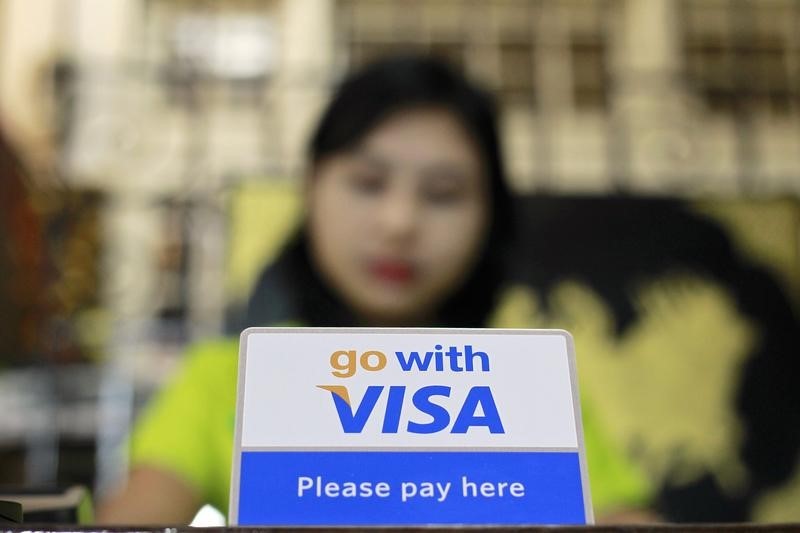BigBear.ai appoints Sean Ricker as chief financial officer
Investing.com - Mega-cap U.S. tech firms were steady in Frankfurt trading following the introduction of a new visa fee by U.S. President Donald Trump.
On Friday, the White House issued a proclamation that it would ask firms to pay $100,000 per year for H-1B working visas, leading a host of businesses -- such as Microsoft, Alphabet and Goldman Sachs -- to advise workers not to leave the U.S. or return to the country immediately.
IT majors in India, including Tech Mahindra, Tata Consultancy, and Infosys, were among a number of groups whose shares fell on the news. The visa has traditionally been a means for Indian tech companies to place workers into projects in the U.S., where these businesses generate a significant portion of their revenue.
Here’s how analysts on Wall Street are reacting to the move:
"India IT services firms had reduced their reliance on the H-1B visa program since 2016 and had shifted their hiring to be substantially local, with several managements with which we spoke indicating hiring to be more than 80% local."
"We see limited earnings impact given low exposure to H-1B and no practical alternatives for the client base as sponsorship itself faces same costs. In 2016, when the H-1B visa approvals seemed difficult, the alternative." - Macquarie
"Near-term, we do not expect this change to have a material fundamental impact on the IT services universe, particularly larger players given the built-in flexibility of their staffing models. Longer-term, if the policy persists and all else stays the same, we would expect the ratio of content delivered offshore to continue to rise. At first glance the potential financial impact from the fee increase on names in our coverage (Infosys, Accenture, IBM, Exlservice, EPAM Systems) is probably less meaningful than perceived, though it will definitely impact staffing strategies if it persists." - Stifel
"Considering that the U.S. government’s intent is to promote domestic employment in the U.S., further measures to discourage outsourcing can’t be ruled out. This is likely to drive a change in the operating model, mainly towards higher near/off-shoring. The near-term growth outlook [for Indian IT firms] could come under pressure as management focuses on contract re-negotiations with clients. There may also be some execution slippage given that employees on H-1B face an uncertain future." - Jefferies
"Based on our checks, the odds of this change being implemented may be lower than what was priced in near-to-medium term, and shares may have overreacted to an extent."
"Our best guess is that this will be enjoined by lower courts, followed by a period of legal limbo as the Administration appeals. As with so many recent policy proposals, it will end up being decided by the Supreme Court." - Wolfe Research
